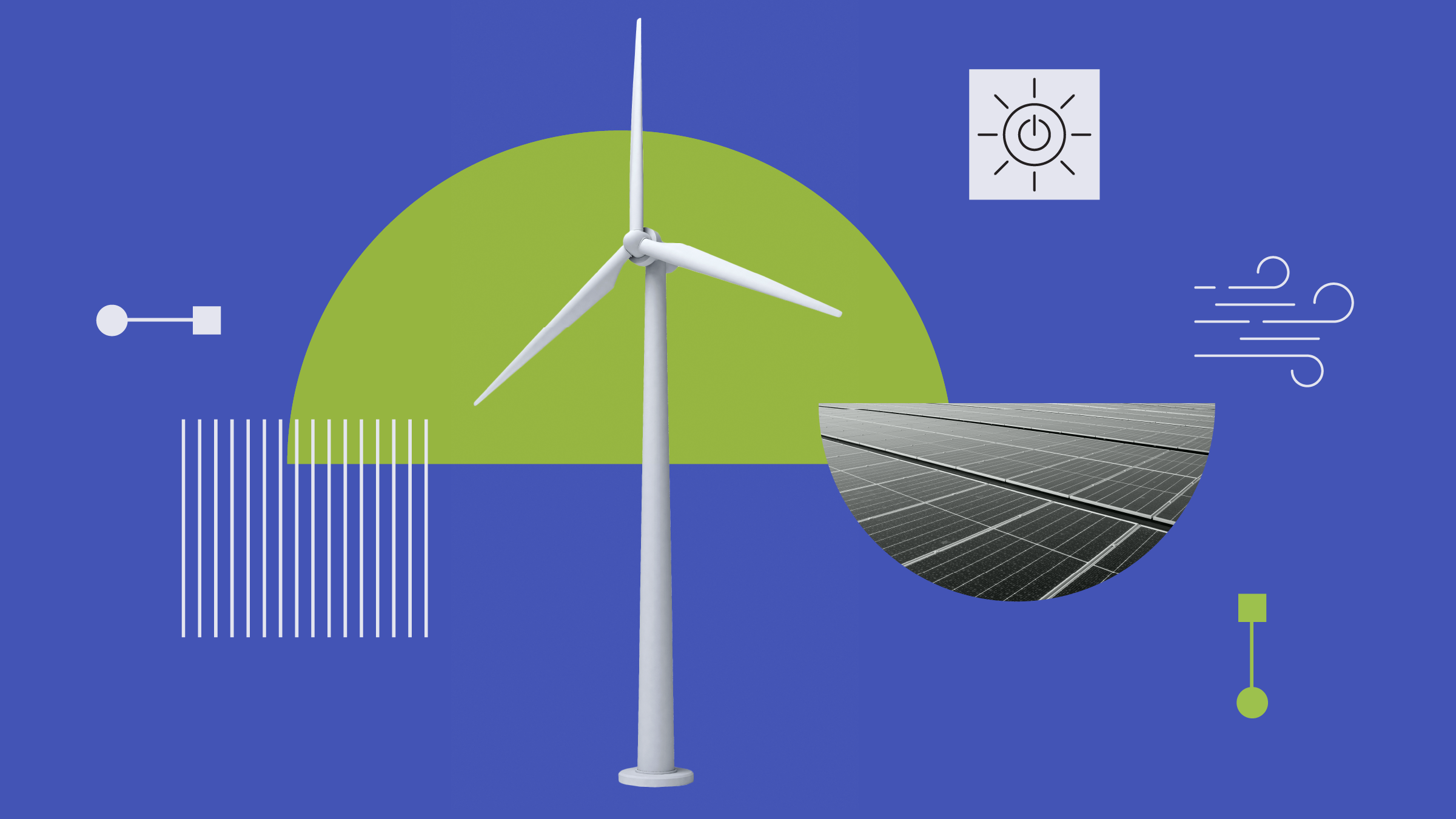ETF News
Source announced that all of its ETCs will gain UK reporting status. Essentially, this means that investors will pay the lower capital gains tax rate of 18% or 28% on any gains from holding the shares, instead of the potentially much higher income tax rates. ETF Securities also notes that all of its products are eligible for capital gains tax treatment. The favourable tax treatment is available for all ETCs, as long as they meet the reporting requirements.
New Listings
Deutsche Bank's db x-trackers has cross-listed ten additional ETFs on the Bolsa de Madrid, expanding its recent incursion into the Spanish ETF market to 21 ETFs. The new ETFs allow investors greater flexibility in meeting their asset allocation needs, as they track indices exposed to both developed and emerging equity markets, private equity, and even two short indices. Some of the indices that the ETFs track include the MSCI World, MSCI Japan, MSCI Russia Capped, and the EURO STOXX 50. The private equity index includes 25 of the most liquid listed private equity firms worldwide.
UBS launched three new ETFs on the Deutsche Boerse Xetra platform. One of the ETFs tracks the performance of the HFRX Global Hedge Fund Index, which offers exposure to the entire hedge fund universe, including strategies such as convertible arbitrage, distressed securities, and equity hedging. Weighting among the different strategies reflects the distribution of assets among hedge funds. It has a management fee of 0.60% annually. The other two ETFs track the MSCI Emerging Markets index, which offers exposure to companies from 21 emerging countries, encapsulating about 85% of the market capitalisation of those nations' equity markets. The 'A' share class ETF comes with a management fee of 0.65% annually, and the 'I' share class which focuses primarily on institutional investors comes with a management fee of 0.40% annually.
Best and Worst Performers for the Week of November 29-December 3
The best performing ETFs for the week were commodity-based, primarily corn and sugar. Corn prices are approaching a two-year high due to a production shortfall in the US, although there is a potential for a robust decline if the US Congress does not approve an extension of subsidies for the ethanol industry, which heavily relies on corn to make its product. Sugar has a similar story, as supply is failing to keep up with demand, leading to 30-year highs in the price of the commodity.
The economic data continues to improve, albeit mildly, which puts pressure on the ETFs which track market volatility. Natural gas prices were also lower, as production remains robust and demand is stagnant. This situation has led to record-high inventories, which would likely keep a cap on increases in the price of gas for the foreseeable future. The commodity ETFs tend to be over-represented in both the best and worst performers weekly because of the volatile nature of commodities. The Indian stock market declined as a large corporate scandal involving housing came to light.

Alan Rambaldini is a European ETF analyst with Morningstar.























